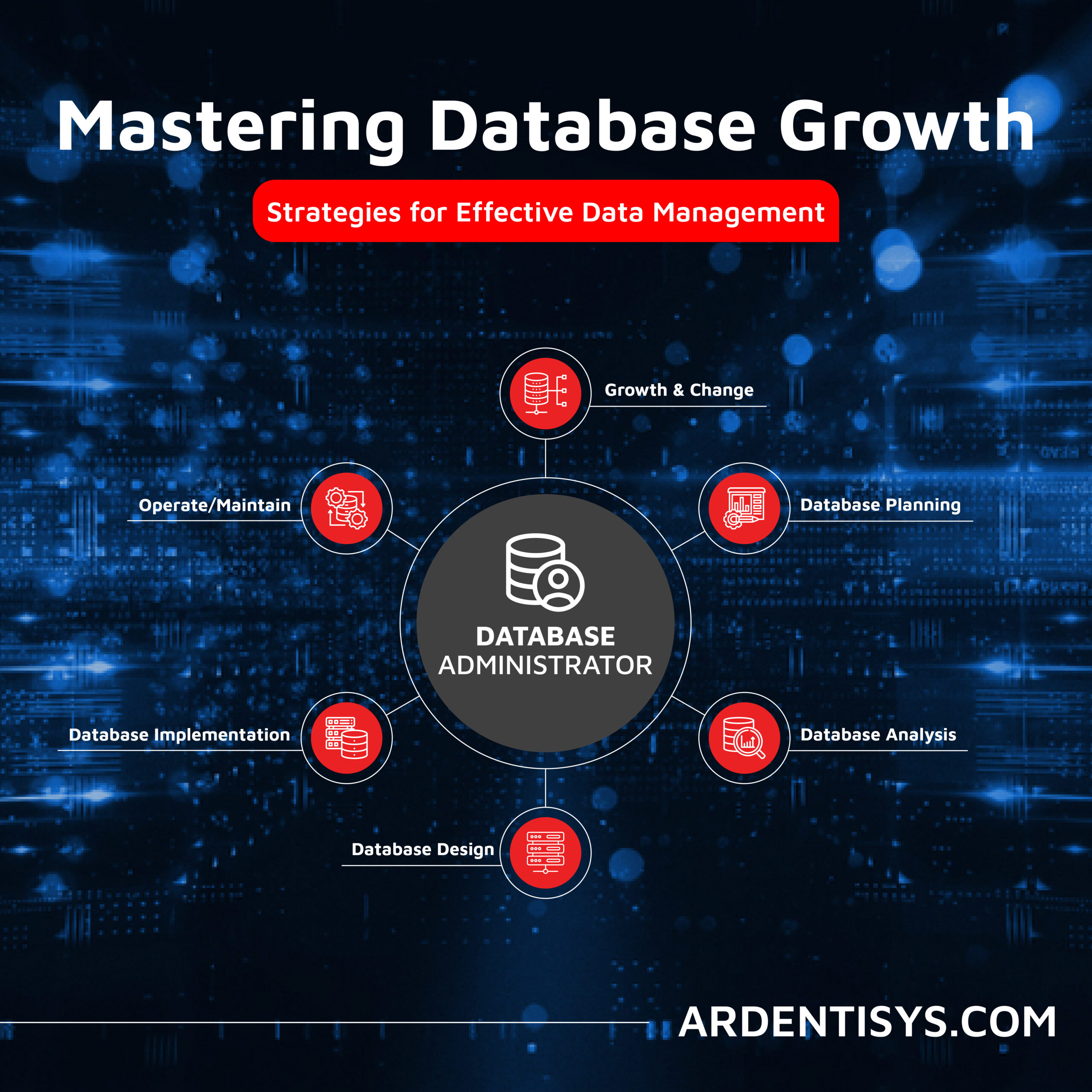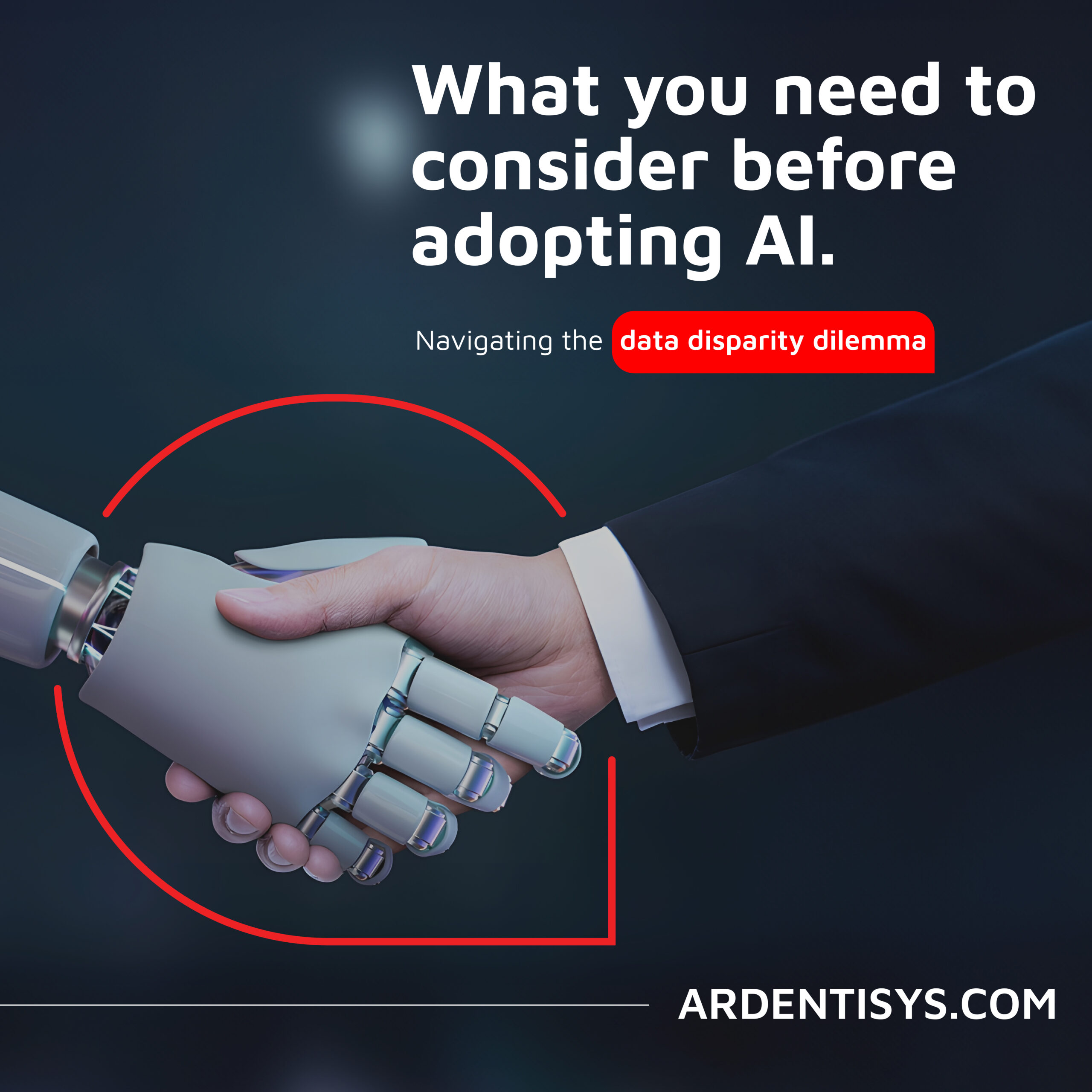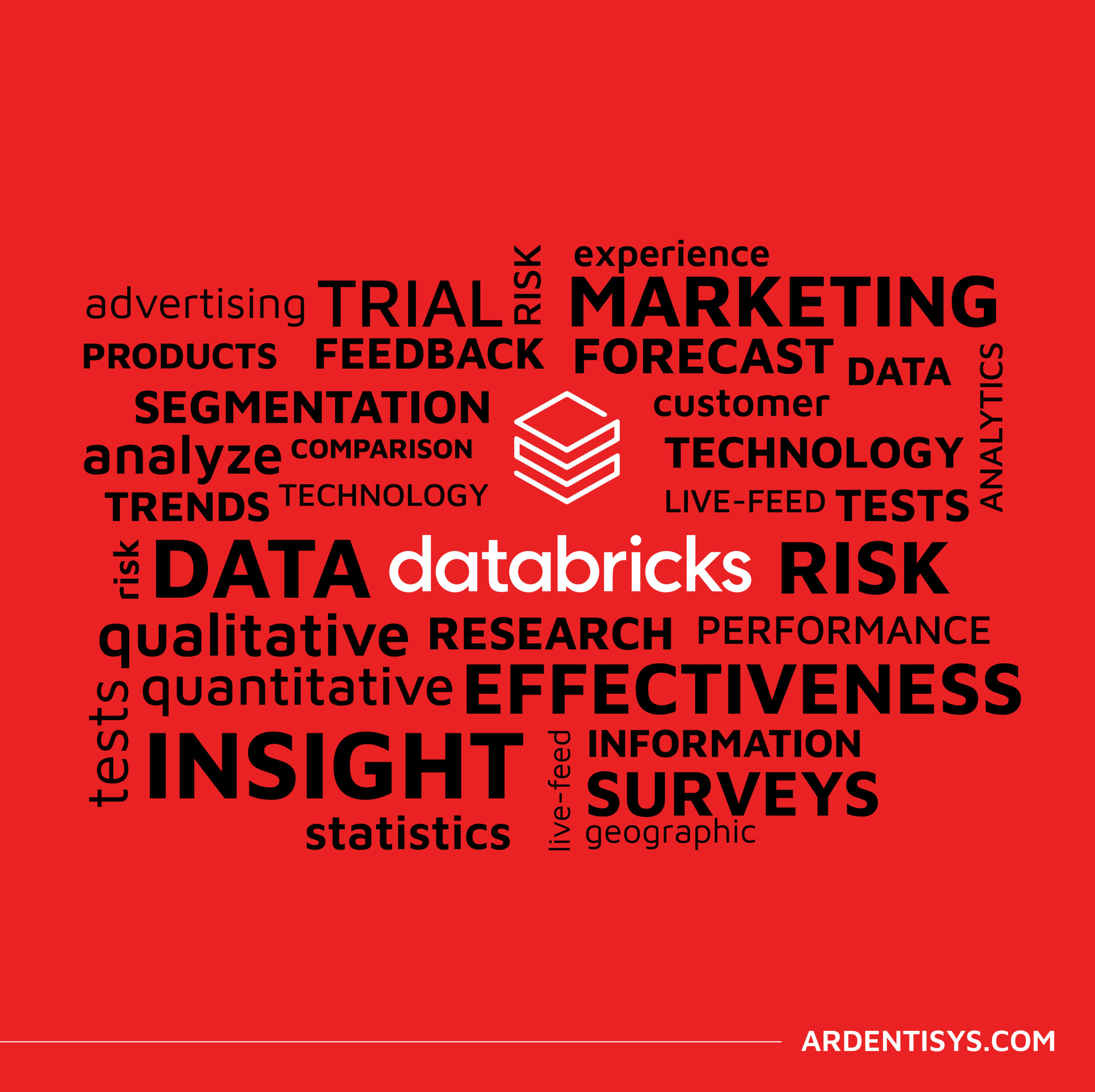Key challenges with data management
14 October 2022 | Noor Khan

Effectively managing your data can become challenging as the sheer volume of data is increased considerably from hour to hour, day to day. Data for most organisations is always evolving in volume, variety, velocity and source. This presents a number of challenges for data management but also presents opportunities that businesses can capitalize on. Businesses that spot these opportunities and invest in their data management will gain a competitive edge over their competitors.
In this article, we will look at the key challenges with data management that organisations are facing today and how you can overcome them to get ahead.
Volume of data
Around 2.5 quintillion bytes of data are created every day as highlighted by Exploding Topics. Businesses continuously generate more and more data daily, which has driven the move towards the adoption of cloud solutions to deal with the sheer volume of data. Traditional, on-site servers are no longer able to cope with the increasing data sets. Some organisations have opted for hybrid data solutions where they make the most out of traditional onsite servers and cloud solutions. This approach works well, particularly for those organisations that want increased security for private data that is stored on private servers and the remainder on a cloud-based platform such as AWS, and Microsoft Azure
Read about hybrid or a multi-cloud solution and choosing what is right for you.
Variety of data
The variety and sources of data being collected are also increasing and evolving. Managing data coming from an increasing number of sources can become quite a challenge. Disparate sources of data can provide valuable data, however, if that data is not collected and collated in the right way the benefits will be negated. Therefore, to effectively deal with growing sources of data, organisations should look to invest in robust, scalable data pipelines which will help them effectively collect the data, cleanse it, validate it and enrich it before loading it into a data repository whether that is a data warehouse or a data lake.
Real-time analytics
In this age of instant access, it is no different with data. There is an increasing demand for real-time analytics. Organizations want to be able to collect their data, gain insights and make data-driven decisions instantly. This can offer businesses a competitive advantage and for some industries, this is critical, healthcare for example. As the Head of Data Engineering, Laxman Amrale predicted: “I predict technology will evolve to.. improve latency performance to real-time in the upcoming years.” This is already becoming prevalent in the adoption and development of real-time data pipelines.
Data quality
With mammoth volumes and a variety of data, it can be difficult to ensure data quality. Having lots of data is great, however having data that is not useful can pose many challenges for organisations, especially when it comes to performance, security, storage and accessibility. Ensuring data quality is a must for an organisation dealing with big data. One step an organisation can take to ensure data quality is with data pipelines that will adequately cleanse, validate and enrich data.
Lack of resource
Business intelligence can drive sales, help make well-informed, data-driven decisions and help organisations remain competitive. However, to uncover these golden insights from the data, a lot of time and resource is required. Organisations may not have the skills in-house or even the time to dedicate to data projects to garner these insights. Therefore, they may opt for the outsourcing route, which can provide several benefits such as:
- Access to highly skilled engineers
- Years of experience and track record of success
- Access to leading technologies without licensing costs
- Peace of mind working with experts in the field
- Expert recommendations unique to you
Data security
Data security is one of the biggest concerns for most organisations especially those dealing with sensitive and consumer data. Organizations can be vulnerable to cyber attacks if they are not effectively managing their data. Therefore, ensuring there are data governance practices in place will help mitigate the risk of potential attacks and loss of data. In addition, if your data is organised, tracked and accessible you are more likely to be aware of attacks and how much exposure you might have.
Additionally, if you are working with third parties ensuring that they have robust data practices in place is key. For example, if a company has data security certifications such as ISO 27001, this will give you peace of mind that they deal with data securely.
Data automation
Automation is becoming increasingly prevalent across all industries, organisations and departments, from automating business processes to automating data pipelines. Automation provides some valuable benefits from reduced costs to improved productivity. Enabling automation within your data solutions whether that is pipelines or data warehouses, can save you considerable costs in terms of time and resources.
Ardent database management services
Our highly skilled data engineers can help you manage your data effectively and avoid the typical big data challenges listed. Working with a wide variety of organisations we have worked with our clients to deliver data management services that meet their unique business goals and objectives. If you are looking to work with an experienced, reliable and credible data engineering company, then get in touch to find out more.
Ardent Insights

Overcoming Data Administration Challenges, and Strategies for Effective Data Management
Businesses face significant challenges to continuously manage and optimise their databases, extract valuable information from them, and then to share and report the insights gained from ongoing analysis of the data. As data continues to grow exponentially, they must address key issues to unlock the full potential of their data asset across the whole business. [...]

Are you considering AI adoption? We summarise our learnings, do’s and don’ts from our engagements with leading clients.
How Ardent can help you prepare your data for AI success Data is at the core of any business striving to adopt AI. It has become the lifeblood of enterprises, powering insights and innovations that drive better decision making and competitive advantages. As the amount of data generated proliferates across many sectors, the allure of [...]

Why the Market Research sector is taking note of Databricks Data Lakehouse.
Overcoming Market Research Challenges For Market Research agencies, Organisations and Brands exploring insights across markets and customers, the traditional research model of bidding for a blend of large-scale qualitative and quantitative data collection processes is losing appeal to a more value-driven, granular, real-time targeted approach to understanding consumer behaviour, more regular insights engagement and more [...]






